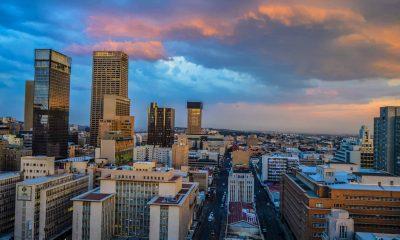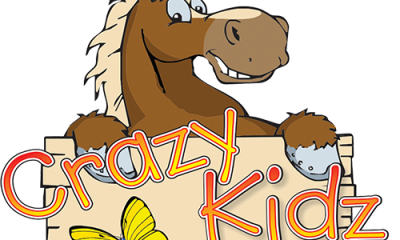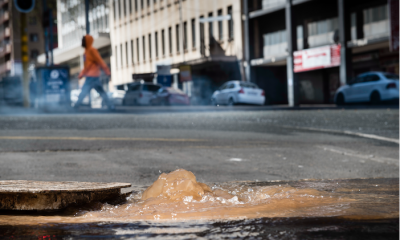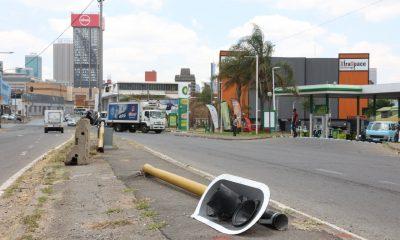411
Black Market Medicines: Johannesburg Immigrants Turn to Illegal Drug Trade Amid Healthcare Barriers
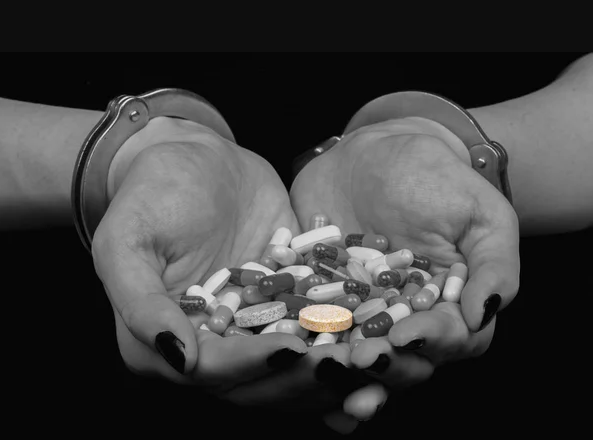
In Johannesburg, many immigrants struggling to access healthcare are resorting to the black market for prescription medicines. Antibiotics and other regulated drugs are now widely available on the streets, bypassing legal oversight and raising concerns about antimicrobial resistance.
These medicines, primarily smuggled from Malawi and Zimbabwe, enter South Africa without regulation. Sellers, who are not medical professionals, run informal pharmacies, offering everything from antibiotics to contraceptives at low prices. With limited healthcare access due to documentation issues, many immigrants see no other option but to buy from these underground markets.
Thriving Black Market for Medicine
Melina (not her real name), a Malawian immigrant, operates one such business in Johannesburg. Though unlicensed, she sells prescription-only drugs like amoxicillin and metronidazole without restriction. Customers pay as little as R2 per pill, with resellers also purchasing in bulk.
“Business is booming,” she says. “A box of medicine from Malawi sells out within weeks.”
Other sellers confirm that the drugs come through smuggling networks. Some arrive hidden inside food shipments, while others are transported by bus drivers. Despite police crackdowns, the trade continues, with vendors now selling only to trusted customers to avoid arrest.
Why Immigrants Turn to Illegal Pharmacies
Immigrants have a constitutional right to healthcare in South Africa, yet many face barriers at public clinics and hospitals. According to Asiphe Funde, an attorney at SECTION27, some are turned away outright, while others are overcharged beyond what regulations allow.
“The Gauteng Department of Health is supposed to apply a means test, but instead, immigrants are charged the maximum fees regardless of income,” she explains. Undocumented immigrants or those with expired asylum permits are often denied treatment altogether.
Ethel Musonza from Zimbabwe Isolated Women in South Africa (ZIWISA) says this creates a desperate situation. “People trust these medicines because they have no choice. But buying random drugs from the streets without medical advice is risky.”
A Growing Public Health Concern
Authorities warn that the black market medicine trade poses significant dangers. The South African Health Products Regulatory Authority (SAHPRA) says substandard and falsified medicines are a growing global issue, accounting for at least 10% of medicines consumed worldwide.
SAHPRA spokesperson Madimetja Mashishi stresses that certain medicines—like antibiotics and contraceptives—require strict regulation. “When accessed illegally, they may be ineffective or cause unknown health effects,” he says. “The overuse of antibiotics can also lead to antimicrobial resistance.”
The Gauteng Department of Health maintains that all patients must pay for healthcare services, but insists that emergency care is available to everyone. However, immigrant communities say their reality is far different, forcing them into underground drug markets.
Until healthcare access improves, illegal pharmacies will continue to thrive, putting both customers and public health at risk.
Follow Joburg ETC on Facebook, Twitter , TikTok and Instagram
For more News in Johannesburg, visit joburgetc.com
Sourced:African Insider

